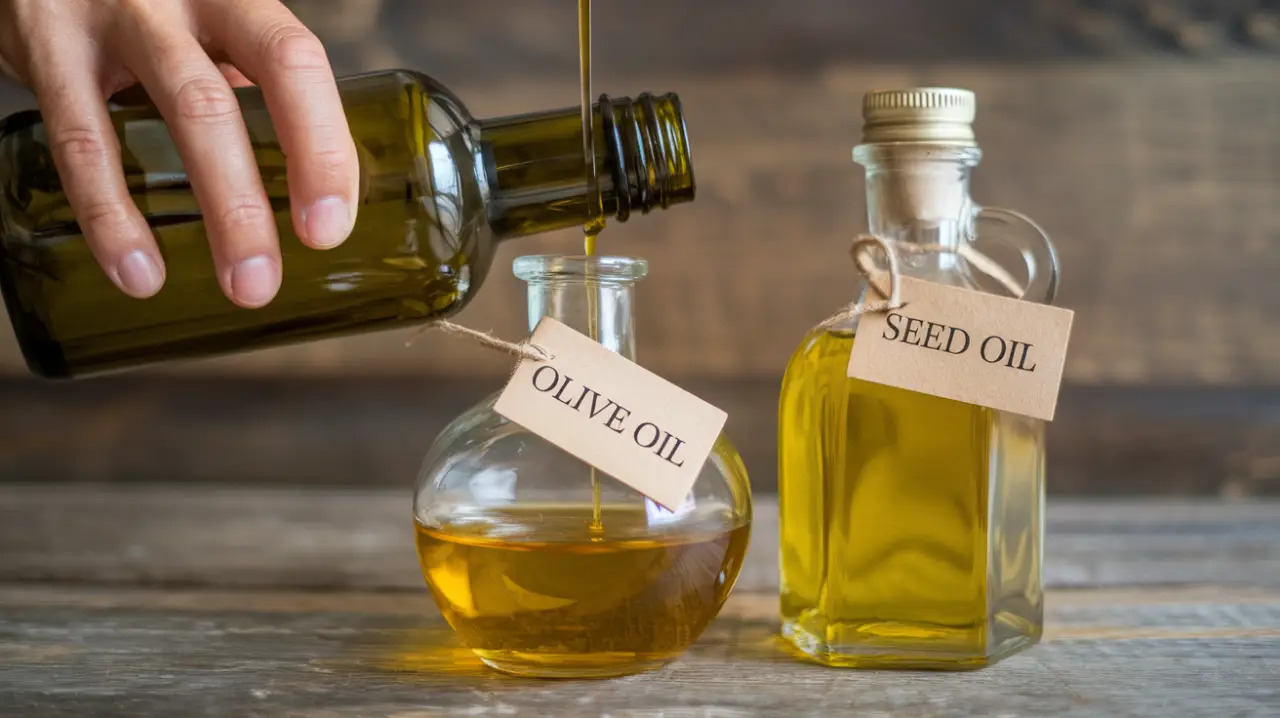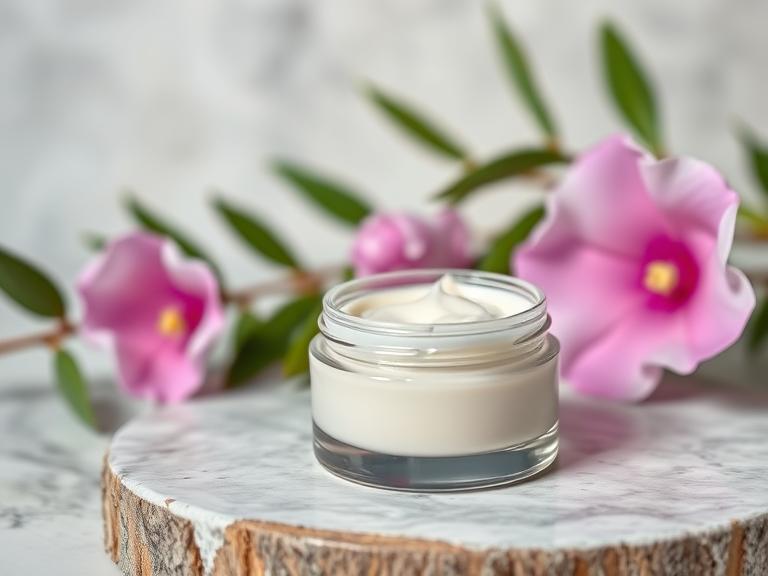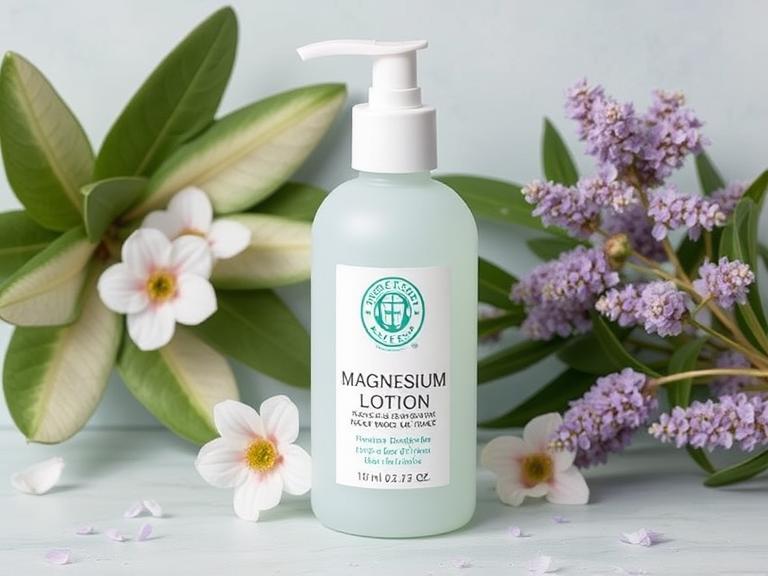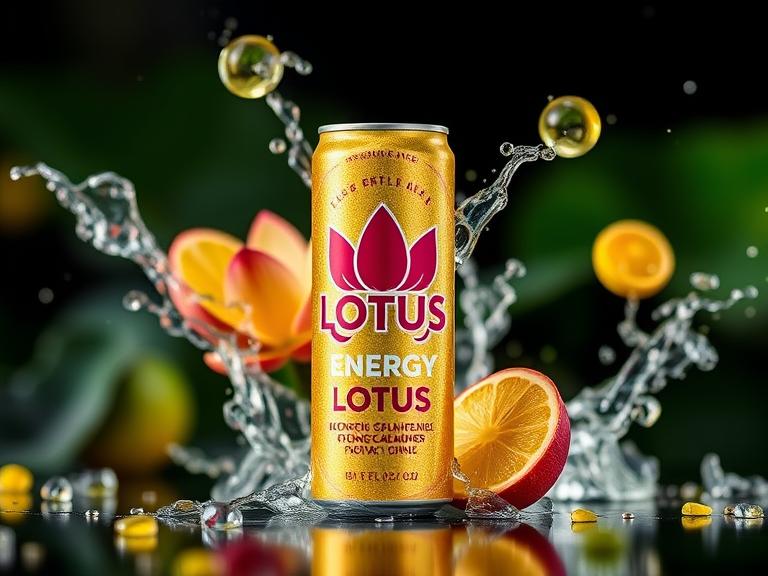
Is Olive Oil a Seed Oil
Table of Contents
Did you know 85% of Americans think olive oil is a seed oil? But it’s not. Olive oil is special because it’s packed with nutrients that other oils just can’t match.Here you will get a complete guide about “Is olive oil a seed oil?”

We’re going to explore olive oil’s true nature. Is it a seed oil? No, it’s not. It comes from the fruit of olive trees, not seeds like other oils.
Our guide will clear up the confusion between olive oil and seed oil. We’ll show why olive oil has been loved for thousands of years. You’ll learn about its origins, how it’s made, and its health benefits.
Key Takeaways
- Olive oil is extracted from olive fruit, not seeds
- Unique nutritional profile compared to seed oils
- Rich in heart-healthy monounsaturated fats
- Minimal processing preserves natural nutrients
- Superior cooking and health benefits
Understanding Olive Oil’s True Classification
Olive oil is a special oil made from olives. It comes from the fruit’s flesh, not seeds. This makes it different from other oils.
Botanical Classification of Olives
Olives are called drupes, like peaches and plums. They are special because of their flesh and hard pit. They grow on olive trees (Olea europaea).
- Fleshy outer layer surrounding a hard pit
- Grown on olive trees (Olea europaea)
- Harvested when fully ripe
Fruit Oils vs. Seed Oils: A Critical Difference
Olives are different from seeds in oil making. Seed oils need a lot of processing. But olive oil is made simply and stays pure.
| Characteristic | Olive Oil | Seed Oils |
|---|---|---|
| Origin | Fruit Flesh | Seeds/Kernels |
| Extraction Process | Mechanical Pressing | Chemical Solvent Extraction |
| Nutritional Complexity | High | Low |
Traditional Extraction Methods
Olive oil making uses old ways. Cold-pressing keeps the oil’s good taste and nutrients. This is different from how seed oils are made.
“Olive oil is not just an oil, it’s a story of tradition, culture, and pure nutrition.” – Mediterranean Food Expert
Learning about olive oil helps us choose better food. It’s about quality and health.
Is Olive Oil a Seed Oil: Debunking Common Misconceptions
Many people ask: is olive oil a seed oil? The answer is no. Olive oil is different from other seed oils because of how it’s made and where it comes from.
Olive oil is a fruit oil. It’s made from olives, which grow on olive trees. Unlike seed oils like canola or soybean oil, olive oil comes from the fruit’s flesh and pit.
- Olive oil originates from olive fruit, not seeds
- Extracted through mechanical pressing
- Retains natural nutrients from the fruit
When we compare olive oil to seed oil, we see some big differences:
| Characteristic | Olive Oil | Seed Oils |
|---|---|---|
| Source | Olive Fruit | Plant Seeds |
| Extraction Method | Cold Pressing | Chemical Extraction |
| Nutrient Preservation | High | Low |
Knowing these differences helps us make better food choices. Olive oil’s special making process keeps more nutrients than seed oils do.
The “Hateful Eight” Seed Oils vs. Olive Oil
The world of cooking oils is full of choices. Seed oils have become a big topic in health talks. They are part of a group called the “Hateful Eight”. These oils are different from olive oil in many ways.
To understand the difference, we need to look at how they are made and what they are made of.
Common Seed Oil Types
- Canola oil
- Corn oil
- Cottonseed oil
- Soybean oil
- Sunflower oil
- Safflower oil
- Grapeseed oil
- Rice bran oil
Industrial Processing Methods
Seed oils go through a lot of processing. This process uses chemicals and high heat. It also removes good stuff from the oil.
| Seed Oil Type | Extraction Method | Processing Intensity |
|---|---|---|
| Canola Oil | Hexane solvent extraction | High |
| Corn Oil | Chemical processing | Very High |
| Soybean Oil | Solvent extraction | High |
Chemical Extraction Concerns
The big worry with seed oils is how they are made. Chemicals like hexane are used to get the oil out. This can leave bad stuff behind. Also, the heat used can make unhealthy compounds and lose good nutrients.
“Not all oils are created equal” – Nutrition Experts
It’s best to pick oils that are made with less processing. Extra virgin olive oil is a good choice. It’s made the old-fashioned way, keeping its good stuff.
Olive Oil Production: From Fruit to Bottle
The journey from fresh olives to liquid gold is amazing. It starts in the green olive groves. Here, careful picking is key for great oil.
Picking olives needs precision and timing. Farmers pick them when they turn from green to purple. This ensures the best flavor and nutrients. Keeping the olives safe is very important.
- Hand-picking preserves olive integrity
- Rapid processing prevents oxidation
- Temperature control during extraction
Traditional methods make olive oil special. It’s different from industrial seed oils. The steps are:
- Washing and cleaning the olives
- Crushing olives into a paste
- Malaxing to help oil droplets combine
- Separating oil through centrifugation
| Olive Oil Grade | Extraction Method | Quality Indicators |
|---|---|---|
| Extra Virgin | Cold-pressed, mechanical | Low acidity, no chemical processing |
| Virgin | Mechanical extraction | Slightly higher acidity |
| Refined | Chemical processing | Neutralized flavor profile |
Quality control is very important. Certifications like Protected Designation of Origin (PDO) show it’s real and made the old way. Knowing this process helps us value the journey from olive grove to our kitchen.
Nutritional Profile: What Sets Olive Oil Apart
Olive oil is a nutritional powerhouse. It has a unique mix of nutrients that offer great health benefits. Unlike other oils, it provides a special blend that supports our well-being.
The secret to olive oil’s health benefits is its balanced nutritional makeup. This makes it truly special in the world of nutrition.
Essential Fatty Acid Composition
Olive oil has a unique fatty acid profile. It stands out from other oils in several ways:
- High levels of monounsaturated fatty acids
- Predominantly oleic acid (omega-9)
- Balanced omega-6 to omega-3 ratio
- Lower saturated fat content
Antioxidant Content
“Nature’s most potent liquid antioxidant” – Nutrition Experts
Extra virgin olive oil is full of antioxidants. These fight cellular damage. They help protect our bodies from oxidative stress and support long-term health.
Polyphenol Benefits
Polyphenols in olive oil offer amazing health benefits. These micronutrients have anti-inflammatory properties. They also support heart health.
| Polyphenol Type | Health Benefit |
|---|---|
| Hydroxytyrosol | Reduces inflammation |
| Oleuropein | Supports heart health |
| Oleocanthal | Natural pain reduction |
Choosing olive oil means picking a nutrient-rich food. It helps our body’s natural defenses and promotes overall wellness.
Health Benefits of Choosing Olive Oil Over Seed Oils

Olive oil is a nutritional powerhouse compared to seed oils. It has amazing health benefits that make it a better choice for your diet. Unlike seed oils, olive oil is a natural way to stay healthy.
Olive oil’s health benefits go beyond just being nutritious. Studies show it has a big impact on our health:
- Cardiovascular protection
- Reduced inflammation markers
- Enhanced metabolic function
- Improved cognitive performance
- Stronger immune system
Our bodies love olive oil’s special mix. Extra virgin olive oil has strong polyphenols that fight oxidative stress. These help keep our cells healthy and lower disease risks.
Olive oil is better for us than seed oils. It has good fats that help our hearts and blood sugar. Eating it regularly can cut heart disease risks by up to 30%.
“Olive oil isn’t just a cooking ingredient—it’s a natural medicine cabinet in a bottle.” – Nutrition Research Institute
Adding olive oil to your meals is smart for staying healthy. Choose high-quality, cold-pressed extra virgin olive oil for the best benefits.
Understanding Omega-3 and Omega-6 Balance
Fatty acids are complex, but knowing the omega-3 and omega-6 balance is key for health. When we look at olive oil vs seed oil, the fatty acid profile is very important for those who care about their health.
We need both omega-3 and omega-6 fatty acids. But, it’s important to have the right amount. The Western diet often has too much omega-6, which can cause inflammation.
Optimal Fatty Acid Ratios
Olive oil is special in the olive oil vs seed oil debate because of its fatty acid mix. Here’s what makes it stand out:
- Monounsaturated fats: Most of olive oil
- Lower omega-6 to omega-3 ratio
- Natural anti-inflammatory properties
- Good for the heart
Impact on Inflammation
The balance of omega-3 and omega-6 affects our body’s inflammation. Seed oils have a lot of omega-6, which can cause inflammation if we eat too much.
A balanced intake of fatty acids is key to maintaining optimal health and reducing chronic inflammation.
Olive oil offers a better balance, with less omega-6 and more helpful compounds. Choosing olive oil over seed oils can greatly improve our health and well-being.
Cooking with Olive Oil: Temperature and Stability

Olive oil is a great choice for cooking at home. It’s healthy and versatile. Knowing how it handles heat can make cooking better.
Extra virgin olive oil is special for cooking. It can handle heat up to 375°F (190°C). This makes it good for sautéing and light frying. Its antioxidants also help it stay stable at high temperatures.
- Ideal for medium-heat cooking
- Retains nutritional benefits during heating
- Provides enhanced flavor to dishes
- More stable compared to many seed oils
Olive oil is more stable than many other oils. It has polyphenols and vitamin E. These help protect it from breaking down when heated.
Choosing the right olive oil can elevate both the nutritional value and taste of your meals.
For lower heat, use extra virgin olive oil. For higher heat, choose refined olive oil. This way, you get the best flavor and health benefits.
Quality Standards and Selection Guide
Choosing the right olive oil can change your cooking and health. We know how to pick top olive oil that meets high standards.
Finding the right olive oil takes knowing what to look for. The way it’s made affects its taste, quality, and health benefits.
Extra Virgin vs. Regular Olive Oil
Not all olive oils are the same. Here’s what makes them different:
- Extra Virgin Olive Oil (EVOO): The best, made without chemicals
- Virgin Olive Oil: A bit lower quality, but made without chemicals too
- Regular Olive Oil: Refined and often mixed with virgin oils
Smart Selection Tips
When buying olive oil, look for these signs of quality:
- Dark glass or tin to keep it from light damage
- A clear harvest date
- Certification from known olive oil groups
- Protected Designation of Origin (PDO) labels
Storage and Preservation
Storing olive oil right is key. Keep it in a cool, dark spot, sealed well. Most good olive oils stay great for 12-24 months after picking.
“The best olive oil is fresh, carefully made, and stored right” – Olive Oil Experts
Sustainable Production and Environmental Impact
Olive oil production is very good for the environment. It’s different from most food production. The way we make olive oil shows a strong link between farming and caring for the earth.
Old olive groves are special places. They help many living things and keep the environment healthy. These areas have many benefits:
- They need very little water
- They help take carbon dioxide out of the air
- They are homes for local animals
- They keep old farming ways alive
Olive trees are amazing for the planet. Some olive trees can live and produce fruit for hundreds of years. This is very different from most crops that grow and are harvested every year.
“Sustainable agriculture is not just about production, but about maintaining ecological balance.” – Environmental Agriculture Research Institute
Our studies show that making olive oil uses less energy and fewer chemicals than making seed oils. Farmers often use old-fashioned ways to press the oil. This makes the oil more natural and better for the planet.
Water is very important in growing olives. Even though olive trees can handle dry times, using water wisely is key. This helps keep the environment healthy and supports farming for a long time.
- Precision irrigation techniques
- Rainwater harvesting
- Soil conservation strategies
By picking olive oil, we help support farming that cares for the earth. This farming way values many living things and makes food in a way that’s good for the planet.
Conclusion
Olive oil is not a seed oil. Our journey showed the big differences between olive oil and seed oils. Olive oil is made naturally and is very good for our health.
Olive oil has been a key part of Mediterranean diets for thousands of years. It’s different from seed oils because it’s pure and good for us. Experts say olive oil is better for our health.
Olive oil is the best choice when looking for seed oil alternatives. It has lots of good stuff like polyphenols and healthy fats. It’s also not processed much. We should all choose high-quality extra virgin olive oil.
Choosing olive oil means we’re picking a healthy tradition. Our journey shows that good food choices are important for our health. Quality, where it comes from, and how it’s made really matter.
FAQ
Is olive oil actually a seed oil?
No, olive oil is not a seed oil. It comes from the fruit of the olive tree. This fruit has a fleshy part around the pit. Unlike seed oils, olive oil is pressed from whole olives.
How is olive oil different from seed oils?
Olive oil is made by pressing olive fruits. Seed oils use chemicals and heat. Olive oil keeps more nutrients and has better fatty acids.
What makes extra virgin olive oil unique?
Extra virgin olive oil is top quality. It’s made without heat or chemicals. It has lots of antioxidants and a strong flavor.
Are all vegetable oils the same?
No, vegetable oils differ a lot. Olive oil is special because it’s from fruits. It’s processed less and is healthier than many seed oils.
Can I cook with olive oil at high temperatures?
Yes, you can use extra virgin olive oil at high heat. It has a high smoke point. Its antioxidants protect it when heated.
What are the health benefits of olive oil compared to seed oils?
Olive oil is good for your heart and cholesterol. It has healthy fats and antioxidants. It’s better than many seed oils.
How should I store olive oil to maintain its quality?
Keep olive oil cool and dark. Use a dark glass or stainless steel bottle. Seal it tight and use it within 12-24 months.
Is olive oil environmentally sustainable?
Yes, olive oil is more sustainable. Olive trees live long and need less water. They support biodiversity and are better for the environment than seed oil farming.
Also Read:
Do Essential Oils Go Bad? Discover the Truth 2025
Organic Castor Oil for Hair Growth & Skin Care Benefits in USA 2025






